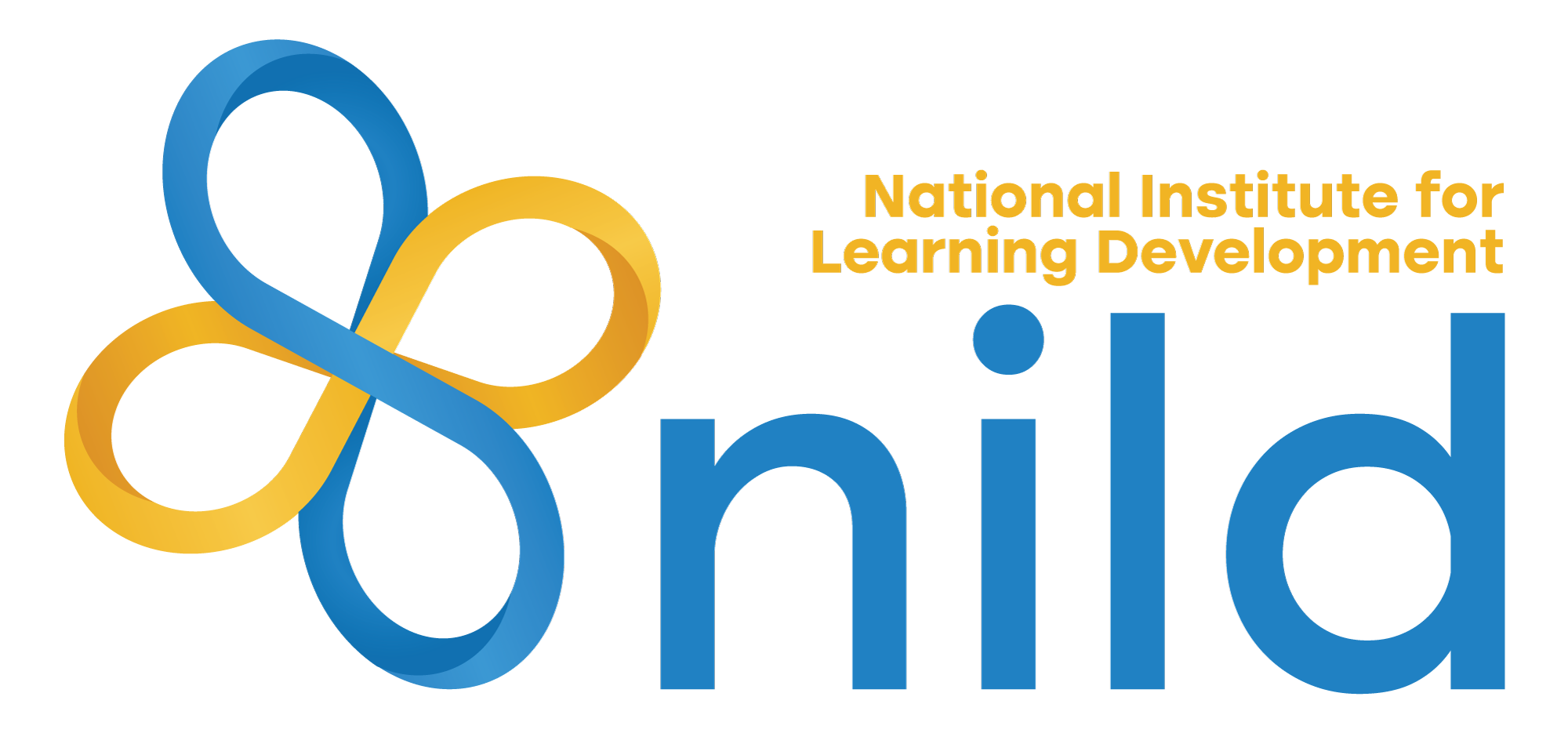This is the most exciting time to be in education. We, as educators, are currently operating at a key inflection point not just in our culture or in society but in the world at large––and our role is more important now than ever before. Over the last ten years, I have seen the engaging power of Christ-centered entrepreneurship education directly impact the lives of students in ways both inspiring and profound. I have seen these students go out into the world with newfound confidence because of their renewed mindset. I have seen this mindset transform not only their own lives, but the lives of everyone around them.
It is because of this that I am inspired now more than ever before in my eighteen years of Christian K–12 education. We have every reason to see the future as a massive opportunity for Christ-centered educators to share a message of hope and tools for radical transformation.
VUCA
The world our students are now facing is best summed up by the acronym “VUCA”: volatility, uncertainty, complexity, and ambiguity. As they navigate their K–12 education with all the classic perils of identity formation, peer group assimilation, life/school balance, and developing bodies, we’ve now added an additional slate of concerns all related to the future. As they are being told to navigate the traditional school model, they are also getting hit with the messaging that most of what they are learning will not adequately prepare them for the next ten to twenty years, the job market is ever more rapidly changing, and no one really knows for sure what the future will bring. This messaging can incite frustration and disengagement.
In the space of frustration and disengagement is where we are experiencing a collision of meaning and purpose in Christian education. It is in this space that we are seeing, firsthand, the power of radical transformation as described in Romans 12:2. When the Apostle Paul compels us to “not conform to the pattern of this world but be transformed” he is setting up the natural dichotomy between “conform” and “transform.”
Our educational system, if left unchanged, encourages conformity: conformity to the system, conformity to the path, and conformity to a predefined map of success. If we are to encourage our students to transform, we must follow Paul’s method: “by the renewing of your mind” (Romans 12:2). Through this renewal process transformation takes place, and it is through the process of embracing a mindset of transformation that engagement connects with meaning and education takes on a larger purpose. In many ways, this transformation is about shifting our navigation from the traditional “map” mindset to the “compass” mindset.
This idea of the compass mindset over the map mindset was explored by MIT Media Lab director, Joi Ito, in the book Whiplash. He explains, “The decision to forfeit the map in favor of the compass recognizes that in an increasingly unpredictable world moving ever more quickly, a detailed map may lead you deep into the woods at an unnecessarily high cost. A good compass, though, will always take you where you need to go.” The compass is a tool and therefore is only as effective as its user’s ability to navigate with it. Our mission, as educators, is to help students learn this tool and calibrate their vision accordingly; in doing so, they will experience radical transformation through their mindset and face the VUCA world with confidence and courage.
Entrepreneurial Mindset – The Compass
Over the last ten years, I have become convinced that the key to teaching a transformative approach to mindset education lies in the field of entrepreneurship. And this is not to say that we are seeking to turn every student into an entrepreneur; rather, we are helping every student think like an entrepreneur. As we study the thinking and subsequent behaviors of successful entrepreneurs, we discover a curious pattern: Successful entrepreneurs tend to showcase a consistent array of attributes. And while there may be well over eighty-five attributes that are often attributed to those with “an entrepreneurial mindset,” there are four that are foundational:
- Growth Mindset: In teaching the entrepreneurial mindset (and yes, it is something that can be taught), we are teaching students first and foremost how to have a growth mindset. While there is nothing revolutionary in this concept––growth mindset suggests that we can improve in any area with time, dedication, and effort––the revolutionary approach comes when we direct this growth and when we tether this continuous improvement, or the Japanese method of kaizen, toward the determined compass heading or vision. By helping students understand the incredible importance of vision, mission, and values (not just in business but in every aspect of life), we are giving them the ability to set and calibrate their compasses.
- Grit: Once we have established the need for continuous growth and the ability to achieve it, we use best practices to develop grit. Again, this requires a growth mindset approach to believe that we can develop grit in the first place. Once we establish that, we focus on long-term goal setting, the system that Angela Duckworth defines as a powerful grit-building tool. When we help students identify that passion and perseverance toward long-term goals builds grit, we can help them see the value of follow-through, which then directly builds their grittiness and ability to take on bigger and longer-term projects.
- Failure: The third attribute requires a redefinition of failure. Perfectionism and growth mindset cannot co-exist, and much of the traditional model of education creates a fertile ground for perfectionism to take root. The danger in this is that perfectionism often leads to the fear of trying lest it lead to failure––much safer to not try. When we help students understand that “true failure” is “not trying in the first place,” we begin to eradicate this notion of safety and encourage students to try and learn from the inevitable mistakes they will encounter.
- Opportunity: Armed with a growth mindset, an ever-developing grittiness, and a redefinition of failure, students are ready to truly become “opportunity seekers.” The beauty of this is that opportunities are everywhere––most people refer to them as “problems.” Imagine an entire generation of students for whom problems are amazing opportunities. Imagine the impact on the world.
When we teach the entrepreneurial mindset, we are preparing students for whatever comes their way. They may choose to start a business and become an entrepreneur or they may choose to work at a gas station, an accounting firm, a bank, a school, or in any other occupation. Regardless of the choice, they will be ready for success because they have a transformational mindset foundation in place which then enables them to continuously develop key skills that directly result in flourishing.
The Skills
As part of my role with entrepreneurship programming in K–12 schools, I am in regular conversation with college professors and chairs of entrepreneurship programs at universities to better understand how to prepare our students for both an undergraduate education as well as the workforce at large. By and large, all agree that teaching the entrepreneurial mindset is central to a student’s success on and off campus and that certain durable skills accent this mindset in key ways.
These skills are often summed up as follows: ability to solve problems, ability to get comfortable with being uncomfortable, and ability to develop one’s creativity. There are two important things worth noting here: First, if this is what college level entrepreneurship programs are seeking to teach to students, what an amazing opportunity for K–12 schools to embrace the intentional teaching of these skills for both college-prep and job-ready programs. Second, these skills, along with others, are all developed as natural byproducts of entrepreneurship education.
True entrepreneurship education––that is, education focused on the transformative power of the entrepreneurial mindset––creates a natural environment for the development of durable skills. As students work together to ideate, create, and launch business ventures, they are not only developing proficiency in the aforementioned skills, but they are also becoming collaborators. On stage at the EntreLeadership Summit event in 2023, Malcolm Gladwell exclaimed collaboration to be “the skill of the twenty-first century.” If collaboration is the skill of the twenty-first century, we need to foster environments where collaboration can flourish, and entrepreneurship is a natural place for this as students work together to solve problems. And when collaboration flourishes, effective communication, critical thinking, and creativity also blossom.
The Process
In 2022, I formed Seed Tree Group, a business designed to help Christian schools start entrepreneurship programs on their campuses. To do this, I rely on the best practices honed from over ten years of building an entrepreneurship program at Cincinnati Hills Christian Academy. What started as a single student-run coffee cart on our campus years ago has now flourished into six student-run businesses, fifteen elective courses, and a certificate track.
The program is now being replicated across the country. At First Baptist Academy in Houston, eighth-grade students operate the SWAP shop (Serving with a Purpose)—a venture now in its second year of growth. At Grand Rapids Christian Schools, high school students are actively growing a program that started with a vending machine business and is expanding to a second business this year. At Denver Christian School, students worked together to launch a smoothie business. At Greenbrier Christian, junior high students launched an online spirit store. At North Cobb Christian School, students are now operating two businesses in a program that is set to explode in exciting ways. Programs are currently launching at Peoria Christian School, Gilbert Christian Schools, Metro Christian Academy, and more. And all are basing their programs on a Christ-centered approach to the transformative power of the entrepreneurial mindset. Many also attend our annual CHCA Entrepreneurship Symposium to see firsthand how the program works. I’m looking forward to sharing our model and learning at Converge in February 2025.
As Paul urges, these students are stepping out from the default path of conformity and intentionally choosing transformation “by the renewing of their mind.” For this reason, the students across the nation and world adopting this mindset, along with schools currently involved and soon to be involved, that I can say with certainty the future of education is bright indeed!
References
Joi Ito and Jeff Howe, Whiplash (Grand Central Publishing; Reprint Edition, 2019).















































